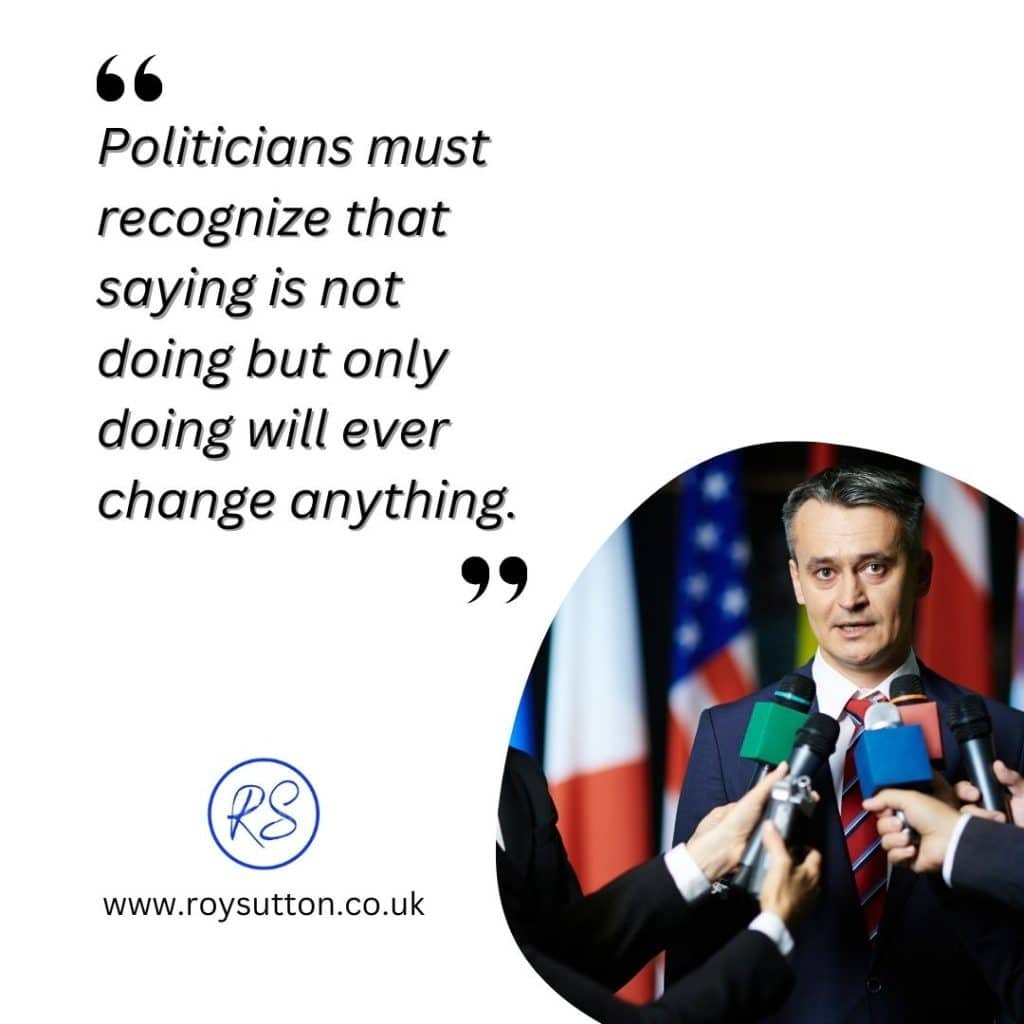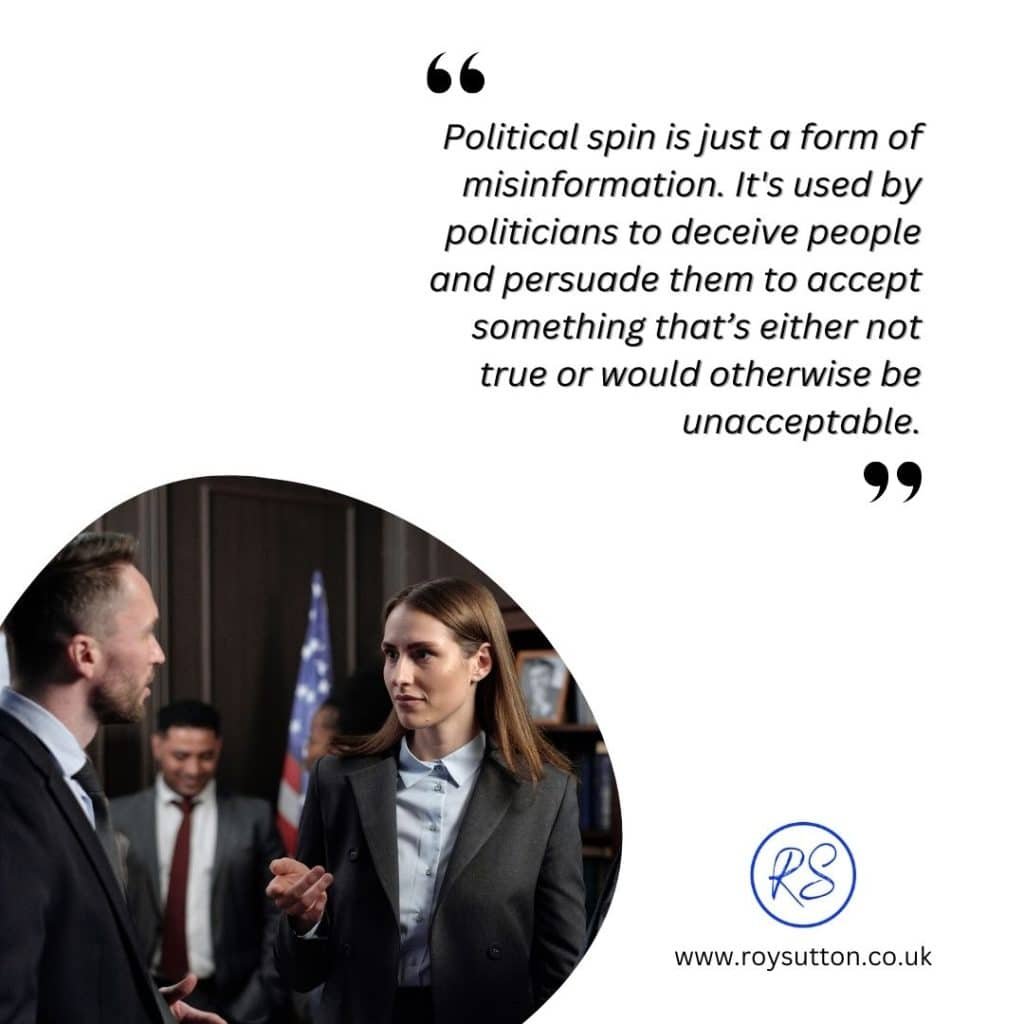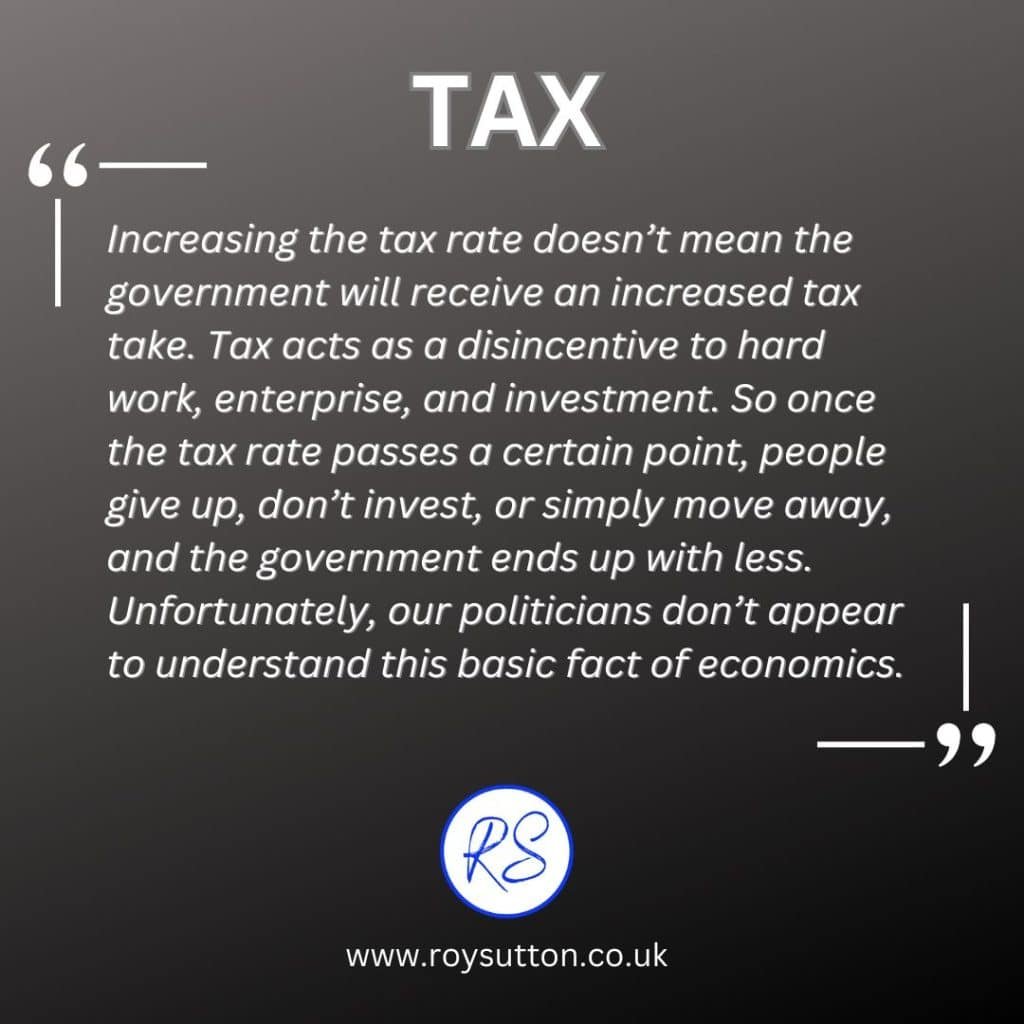
If you’re wondering how to stop procrastinating, this article is for you. Procrastination is the thief of time and prevents you from achieving your best life.
Now, do you find yourself constantly putting off important tasks? Yes, that’s right, procrastination can be a frustrating habit that hinders productivity and causes stress.
Break tasks into smaller, manageable steps to stop procrastinating and create a realistic schedule with specific deadlines.
This approach helps overcome feelings that overwhelm and makes progress more achievable.
Changing your environment can also make a big difference.
Remove distractions like your mobile phone and find a quiet workspace.
Some people find that playing white noise or instrumental music helps them focus.
Taking regular short breaks between focused work sessions can help maintain motivation and prevent burnout.
It’s important to understand that procrastination often stems from underlying psychological factors like perfectionism or fear of failure. Being aware of these emotional barriers allows you to address them directly.
Practising self-compassion and reframing negative thoughts can help shift your mindset and boost your confidence to tackle challenging tasks.
Key Takeaways
- Break tasks into small steps and set specific deadlines
- Create a distraction-free environment for better focus
- Address underlying emotions and practise self-compassion

How to Stop Procrastinating

Understanding Procrastination
Procrastination is a common behaviour that affects many people. It involves putting off tasks despite knowing the negative consequences. The reasons behind procrastination are complex and often linked to psychological factors.
The Psychology Behind Procrastination
Procrastination stems from how our brains process information and emotions. People often avoid tasks that make them feel anxious or stressed. This avoidance gives short-term relief but can lead to more stress later.
Our brains tend to focus on present rewards over future ones. This makes it hard to choose long-term goals over quick gratification. Some people also struggle with self-control, making it tough to start tasks.
Fear of failure can play a big role too. People might put off work to avoid facing possible disappointment. This fear can be linked to perfectionism or low self-esteem.
Reasons for Procrastination
People procrastinate for many reasons. Some common ones include:
- Lack of motivation
- Poor time management skills
- Feeling overwhelmed by the task
- Difficulty focusing
- Perfectionism
Tasks that seem boring or unpleasant are often put off. Some people also delay when they’re not sure how to start or complete a task.
Low energy levels can make it hard to tackle challenging work. This might be due to poor sleep, diet, or exercise habits.
Sometimes, procrastination is a form of rebellion against outside pressure or control. This can happen when people feel forced to do something they don’t want to do.
Procrastination and Mental Health
Procrastination can have a big impact on mental health. It often leads to increased stress and anxiety. As deadlines approach, the pressure builds, making people feel worse.
Chronic procrastination can harm self-esteem. People might feel guilty or ashamed about their habit of delaying tasks. This can create a cycle of negative feelings and more procrastination.
Depression can both cause and result from procrastination. Lack of energy and motivation, common in depression, can make it hard to start tasks. At the same time, the stress from putting things off can worsen depression symptoms.
Taking a procrastination test can help people understand their habits better. This can be a first step in breaking the cycle and improving mental health.
Strategies for Overcoming Procrastination
Tackling procrastination requires a multi-faceted approach. The following strategies can help you take control of your time and boost productivity.
Setting Realistic Goals
Setting achievable goals is crucial for overcoming procrastination. Break large tasks into smaller, manageable steps. This makes the work less daunting and easier to start.
Create SMART goals: Specific, Measurable, Achievable, Relevant, and Time-bound.
For example: instead of “write a report”, set a goal to “draft the introduction section in 30 minutes”.
Use a goal-setting template:
| Goal | Deadline | Steps |
|---|---|---|
| Complete project proposal | Friday | 1. Outline main points 2. Write first draft 3. Review and edit |
Regularly review and adjust your goals as needed. Celebrate small wins to stay motivated and build momentum.
Prioritizing Tasks
Effective prioritization helps focus on what’s most important. Use tools like the Eisenhower Matrix to categorize tasks based on urgency and importance.
- Urgent and important: Do immediately
- Important but not urgent: Schedule for later
- Urgent but not important: Delegate if possible
- Neither urgent nor important: Eliminate
Another useful technique is the ABC method:
- ‘A’ tasks: High priority, must be done today
- ‘B’ tasks: Medium priority, should be done soon
- ‘C’ tasks: Low priority, can wait
Regularly reassess your priorities as circumstances change.
Be flexible and willing to adjust your plan when necessary.
The Pomodoro Technique
The Pomodoro Technique is a time management method that can boost focus and productivity. It involves working in 25-minute intervals, followed by short breaks.
Here’s how to use it:
- Choose a task to work on
- Set a timer for 25 minutes
- Work on the task until the timer rings
- Take a 5-minute break
- Repeat steps 1-4 four times, then take a longer 15-30 minute break
This technique helps maintain concentration and prevents burnout. It’s particularly useful for tasks you’ve been putting off.
Time Management Skills
Effective time management is key to overcoming procrastination. Start by tracking how you spend your time for a week. Identify time-wasters and areas for improvement.
Use a daily schedule to plan your activities. Block out time for important tasks, meetings, and breaks. Be sure to include buffer time for unexpected issues.
Try time-blocking:
| Time | Activity |
|---|---|
| 9:00-10:30 | Work on report |
| 10:30-10:45 | Break |
| 10:45-12:00 | Team meeting |
Minimise distractions during focused work periods. Turn off notifications and find a quiet workspace if possible.
Mindfulness and Self-awareness
Practising mindfulness can help combat procrastination by increasing self-awareness and reducing stress. Pay attention to your thoughts and feelings without judgement.
When you notice yourself procrastinating, pause and reflect:
- What am I feeling right now?
- Why am I avoiding this task?
- What small step can I take to get started?
Regular mindfulness practice can improve focus and reduce anxiety. Try simple techniques like deep breathing or body scans for 5-10 minutes daily.
Be kind to yourself when you slip up. Recognize that overcoming procrastination is a process, and setbacks are normal. Learn from your experiences and keep moving forward.

Practical Tips to Stop Procrastinating
Overcoming procrastination requires a mix of strategies to boost motivation and focus. These tips can help create an environment and mindset conducive to getting things done.
Breaking Down Complex Tasks
Complex tasks often lead to procrastination.
One technique to address this is known as Chunking.
Chunking involves breaking large projects into smaller, manageable steps. This makes the work feel less daunting and more achievable.
Start by listing all the components of a task.
Then, organize these into logical groups or phases. Assign realistic deadlines to each chunk.
For example, writing a report could be broken down into:
- Research (2 days)
- Outline (1 day)
- First draft (3 days)
- Revisions (2 days)
- Final proofreading (1 day)
Tackle one chunk at a time. This approach provides a clear roadmap and a frequent sense of accomplishment as each small step is completed.
Creating a Motivating Environment
The right environment can significantly reduce procrastination. Set up a dedicated workspace that signals ‘it’s time to work‘ to your brain.
Keep the area clean and organized. Clutter can be distracting and demotivating. Ensure good lighting and comfortable seating to avoid physical discomfort.
Personalize the space with motivational quotes or images. These visual cues can provide a quick boost when motivation wanes.
Consider using colour psychology. Blues and greens can promote focus and productivity. Add plants to improve air quality and reduce stress.
Using Rewards to Enhance Motivation
Rewards can be powerful motivators to combat procrastination. Set up a system of small rewards for completing tasks or reaching milestones.
Choose rewards that are meaningful but not overly indulgent. Examples include:
- A 15-minute break to listen to music
- A favourite snack
- Time for a hobby or social media
Pair tasks with pleasant activities. For instance, only listen to a beloved podcast while exercising or cleaning.
Use a reward chart or app to track progress. Visual representations of achievements can be motivating.
Remember to follow through with promised rewards. This builds trust in the system and reinforces positive habits.
Eliminating Distractions
Distractions are a major cause of procrastination. Identify personal triggers and take steps to minimize them.
Common distractions include:
- Social media notifications
- Email alerts
- Noisy environments
- Chatty colleagues
Use website blockers during work hours to limit access to time-wasting sites. Turn off notifications on devices or use ‘Do Not Disturb‘ mode.
Noise-cancelling headphones can help in busy environments. Alternatively, use white noise or instrumental music to mask distracting sounds.
Communicate boundaries to others. Let colleagues or family know when you need uninterrupted focus time.
Tools and Techniques for Productivity
Improving productivity requires a mix of strategies and tools. Here are some effective methods to boost efficiency and overcome procrastination.
The Eisenhower Box
The Eisenhower Box is a simple but powerful tool for prioritizing tasks. It categorizes activities into four quadrants based on urgency and importance.
- Urgent and important: Do immediately
- Important but not urgent: Schedule for later
- Urgent but not important: Delegate if possible
- Neither urgent nor important: Eliminate
This method helps focus on what truly matters. It reduces time wasted on trivial tasks and ensures important work gets done.
To use the Eisenhower Box effectively, list all tasks and place them in the appropriate quadrant. Review regularly to stay on track.
Effective To-do Lists
A well-structured to-do list can significantly boost productivity. The key is to make it manageable and actionable.
Keep lists short, with no more than 3-5 items per day. This prevents overwhelm and increases the likelihood of completion.
Break larger tasks into smaller, specific steps. Instead of ‘Write report‘, list ‘Draft introduction‘ or ‘Research statistics‘.
Prioritise tasks using numbers or colour-coding. This ensures the most critical items get attention first.
Review and update lists daily. Cross off completed items for a sense of achievement and motivation.
Accountability Systems
Accountability systems provide external motivation to stay on track. They can be particularly helpful for those who struggle with self-discipline.
Accountability partners can be friends, colleagues, or mentors. Regular check-ins help maintain focus and progress.
Set specific, measurable goals and share them with your partner. Schedule regular meetings to discuss progress and challenges.
Online tools like Beeminder or StickK can create financial stakes for goal completion. This adds extra incentive to follow through.
Public commitments, such as sharing goals on social media, can also increase accountability. The desire to avoid public failure can be a strong motivator.
Self-Control Methods
Developing self-control is crucial for long-term productivity. Several techniques can help strengthen this skill.
The Pomodoro Technique involves working in focused 25-minute bursts, followed by short breaks. This helps maintain concentration and prevents burnout.
Time-blocking involves scheduling specific tasks for set periods. This reduces decision fatigue and ensures all-important work gets attention.
Limiting distractions is key. Use website blockers or apps like Forest to stay focused during work periods.
Practice mindfulness to increase awareness of procrastination triggers. This can help in developing strategies to overcome them.
Tackling Emotional Barriers
Emotional barriers often lie at the heart of procrastination. These internal obstacles can be powerful, but with the right strategies, they can be overcome.
Dealing with Perfectionism
Perfectionism can paralyze progress. It’s crucial to recognize that perfect is the enemy of good. Set realistic standards and focus on progress rather than flawless execution.
Try the ‘70 percent rule‘. This approach encourages completing tasks to a ‘good enough’ standard rather than striving for perfection. It helps maintain momentum and reduces the anxiety associated with starting tasks.
Break large projects into smaller, manageable steps. This technique makes the overall task less daunting and allows for a sense of accomplishment with each completed step.
Practise self-compassion. Remind yourself that mistakes are opportunities for learning and growth, not failures.
Managing Fear of Failure
Fear of failure can be a significant roadblock. It’s important to reframe one’s perspective on failure and see it as a natural part of the learning process.
Start with small wins to build confidence. Tackle easier tasks first to create momentum and boost self-assurance.
Visualise success. Spend time imagining the positive outcomes of completing the task at hand. This can help combat negative thought patterns.
Develop a growth mindset. View challenges as opportunities to learn and improve rather than threats to one’s abilities or worth.
Enhancing Self-Esteem and Self-Worth
Low self-esteem can fuel procrastination. Building a stronger sense of self-worth is crucial for overcoming this barrier.
Practice positive self-talk. Replace negative internal dialogue with encouraging and supportive statements.
Celebrate small victories. Acknowledge and reward yourself for completing tasks, no matter how small. This reinforces positive behaviour and boosts confidence.
Surround yourself with supportive people. A positive social network can encourage and help maintain motivation.
Set achievable goals. Success in reaching these goals will naturally enhance self-esteem and create a positive cycle of productivity.

Maintaining Progress and Avoiding Relapse
Tracking achievements, staying focused, and understanding procrastination patterns are key to long-term success. These strategies help build momentum and prevent falling back into old habits.
Tracking Achievements
Keeping a record of accomplishments boosts motivation and self-esteem. Use a simple notebook or digital app to log completed tasks daily. Note even small wins like replying to an email or tidying up.
Create a visual progress chart. Seeing tasks crossed off can be very satisfying. This tangible proof of progress encourages further action.
Set milestones and celebrate reaching them. Rewards don’t need to be big – a favourite snack or short break can work wonders. Positive reinforcement helps link task completion with good feelings.
Review achievements weekly. Reflect on what went well and areas for improvement. This builds self-awareness and helps refine strategies over time.
Staying Focused on Tasks
Break large projects into smaller, manageable steps. This makes them less daunting and easier to start. Use a to-do list to keep track of these steps.
Set clear, specific goals for each work session. “Write report introduction” is better than “Work on report”. This clarity helps maintain focus.
Use the Pomodoro Technique: work for 25 minutes, then take a 5-minute break. This keeps the mind fresh and prevents burnout. Gradually increase work periods as focus improves.
Remove distractions from the work environment. Put phones on silent, close unnecessary browser tabs, and find a quiet space if possible.
Understanding the Procrastination Cycle
Recognize common triggers for procrastination. These might include feelings of overwhelm, perfectionism, or fear of failure. Keep a log to spot patterns.
Learn to identify early warning signs like sudden urges to check social media or clean. Catching these early helps prevent full-blown procrastination episodes.
Develop strategies for each stage of the cycle. For example, if perfectionism is the trigger, set realistic standards before starting tasks.
Practice self-compassion when setbacks occur. Harsh self-criticism often leads to more procrastination. Instead, treat slip-ups as learning opportunities.
Build a support network. Share goals with friends or join a productivity group. External accountability can be a powerful motivator to stay on track.

Frequently Asked Questions
Procrastination affects many people, but there are proven strategies to overcome it. These techniques can help students, those with ADHD, and anyone looking to boost their productivity.
What methods can students employ to overcome procrastination?
Students can break tasks into smaller chunks. This makes big projects less daunting. They can also set clear deadlines for each part of an assignment. Using a planner or digital calendar helps track due dates and milestones.
Creating a study routine is vital. Pick a specific time and place for schoolwork each day. This builds good habits and reduces the urge to put things off.
Which strategies are effective for starting to study without delay?
The ‘5-minute rule’ can be helpful. Promise yourself to study for just 5 minutes. Often, this small start leads to a longer focus. Remove distractions like phones or social media before beginning.
Set up a tidy, organized study space. Having everything ready makes it easier to dive in. Use a timer to create urgency and stay on task.
What are some techniques to tackle procrastination when one has ADHD?
People with ADHD can benefit from visual reminders. Use sticky notes or a whiteboard to list tasks. Break work into very short sessions with frequent breaks.
Mindfulness exercises can improve focus. Try deep breathing or meditation before tackling tasks. Use fidget toys or background music to help maintain attention.
Can you suggest ways to immediately break the cycle of procrastination?
Start with the easiest part of a task. This builds momentum. Use the ‘eat the frog’ method – do the hardest job first thing in the morning.
Tell someone about your plans. This creates accountability. Set a timer for 10 minutes and work until it goes off. Often, you’ll want to keep going.
What exactly is the 2-minute rule in the context of productivity?
The 2-minute rule states that if a task takes less than 2 minutes, do it right away. This stops small jobs from piling up. It creates a sense of accomplishment and clears mental clutter.
Apply this rule to starting larger tasks too. Spend just 2 minutes on a big project. This often leads to continued work and progress.
How can an individual transition from a state of lethargy to active engagement?
Physical movement can boost energy. Take a short walk or do some stretches. Splash cold water on your face to feel more alert.
Change your environment. Move to a different room or go to a café. New surroundings can spark motivation. Listen to upbeat music to lift your mood and energy levels.

Please share this post with your friends:
Did this article on how to stop procrastinating help you?
If this article is useful to you, please share it on social media with your friends.
When you share, everyone wins.
I appreciate your support. Thank you.
About the author:

Roy Sutton is a writer, content creator, digital entrepreneur, and international traveller. Formerly, a CEO, corporate business executive, management consultant, and electronic systems engineer with a background in telecommunications and IT. His blog aims to both inspire readers to achieve their best lives and entertain them with the humour we all crave.
Other articles you might also find interesting:
- How to Say No Without Feeling Guilty: Powerful Techniques for Setting Boundaries
- How can I improve my self-discipline?
- 15 Questions to Discover Your Life Purpose
- How to Manage Work-Life Balance: Effective Strategies
- How to build confidence and self-esteem
- How to Negotiate Salary: Proven Strategies
- How to Improve Communication Skills in the Workplace
- How to Write a Resignation Letter: A Professional Guide
- How to Look More Attractive as a Guy
- How to answer Tell Me About Yourself in an interview
- How to Learn Spanish Free: 5 Effective Online Resources
- How to Learn a Foreign Language: Strategies for Rapid Fluency
- How to Overcome the Fear of Public Speaking: Proven Techniques
- Best Dating App: Top Choices for Finding Love in 2024
- Set SMART Goals: A Blueprint for Success
- How to Make Friends as an Adult: Tips for building connections
- How to Use Artificial Intelligence: A Practical Guide for Beginners
© Mann Island Media Limited 2025. All rights reserved.






















































